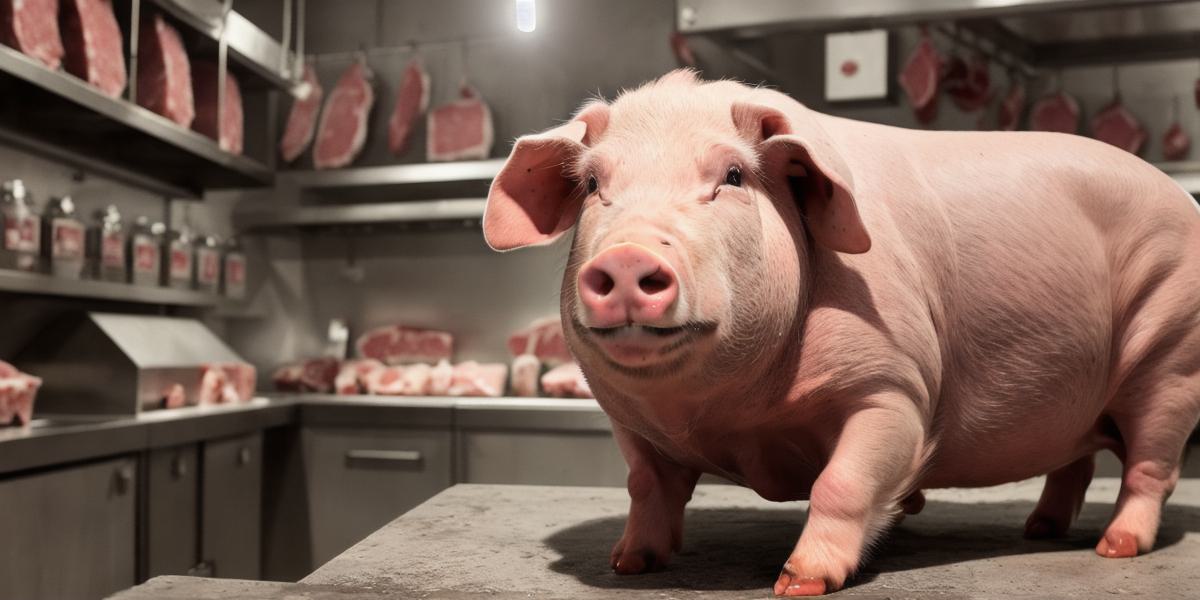The Ultimate Guide to Buying a Whole Pig: Prices, Benefits and Considerations
Introduction:
Buying a whole pig is becoming an increasingly popular choice for meat lovers looking to save money and enjoy fresh, quality meat. But with so many options available on the market, it can be overwhelming to know where to start. In this guide, we will explore everything you need to know about buying a whole pig, including prices, benefits, and considerations to keep in mind when making your purchase.
Prices:
The cost of a whole pig can vary greatly depending on the size of the animal, its breed, and the location. Generally speaking, smaller pigs (around 50-75 pounds) can cost anywhere from $200 to $400, while larger pigs (upwards of 150 pounds) can cost between $300 and $600 or more. In addition to the initial purchase price, you will also need to factor in the cost of feed, bedding, veterinary care, and any other expenses associated with raising a pig.
Benefits:
There are many benefits to buying a whole pig. For starters, it’s a cost-effective way to enjoy fresh meat. By purchasing an entire animal, you can save money on the cost of buying individual cuts of meat from the grocery store. In addition, raising your own pig means that you have complete control over what goes into the animal’s diet and how it is raised, which can result in healthier, more flavorful meat.
Another benefit of raising your own pig is the opportunity to develop a deeper connection with the animal and its food source. When you raise your own pig, you get to witness firsthand the process of turning a small, innocent creature into a delicious meal. This can be a rewarding and educational experience that many people find fulfilling.
Considerations:
Before making the decision to buy a whole pig, there are several important considerations to keep in mind. First and foremost, you will need to have enough space to house the animal. Pigs require a minimum of 10 square feet per pound of body weight, so if you’re purchasing a 200-pound pig, you’ll need at least 2,000 square feet of outdoor space.
In addition, raising a pig can be a time-consuming and labor-intensive process. Pigs require daily care, including feeding, exercise, and regular health check-ups. You will also need to be prepared for the emotional responsibility of caring for an animal and making the difficult decision to end its life when it’s time.
Finally, it’s important to consider the environmental impact of raising a pig. Pigs produce a significant amount of waste, which can have negative effects on the environment if not properly managed. If you decide to raise a pig, be sure to research and follow best practices for animal welfare and environmental sustainability.
Summary:
Buying a whole pig can be a rewarding and cost-effective way to enjoy fresh, quality meat. However, it’s important to do your research and carefully consider the financial, logistical, and ethical implications before making a purchase. With the right knowledge and preparation, raising a pig can be a fulfilling and enjoyable experience for meat lovers of all ages.
